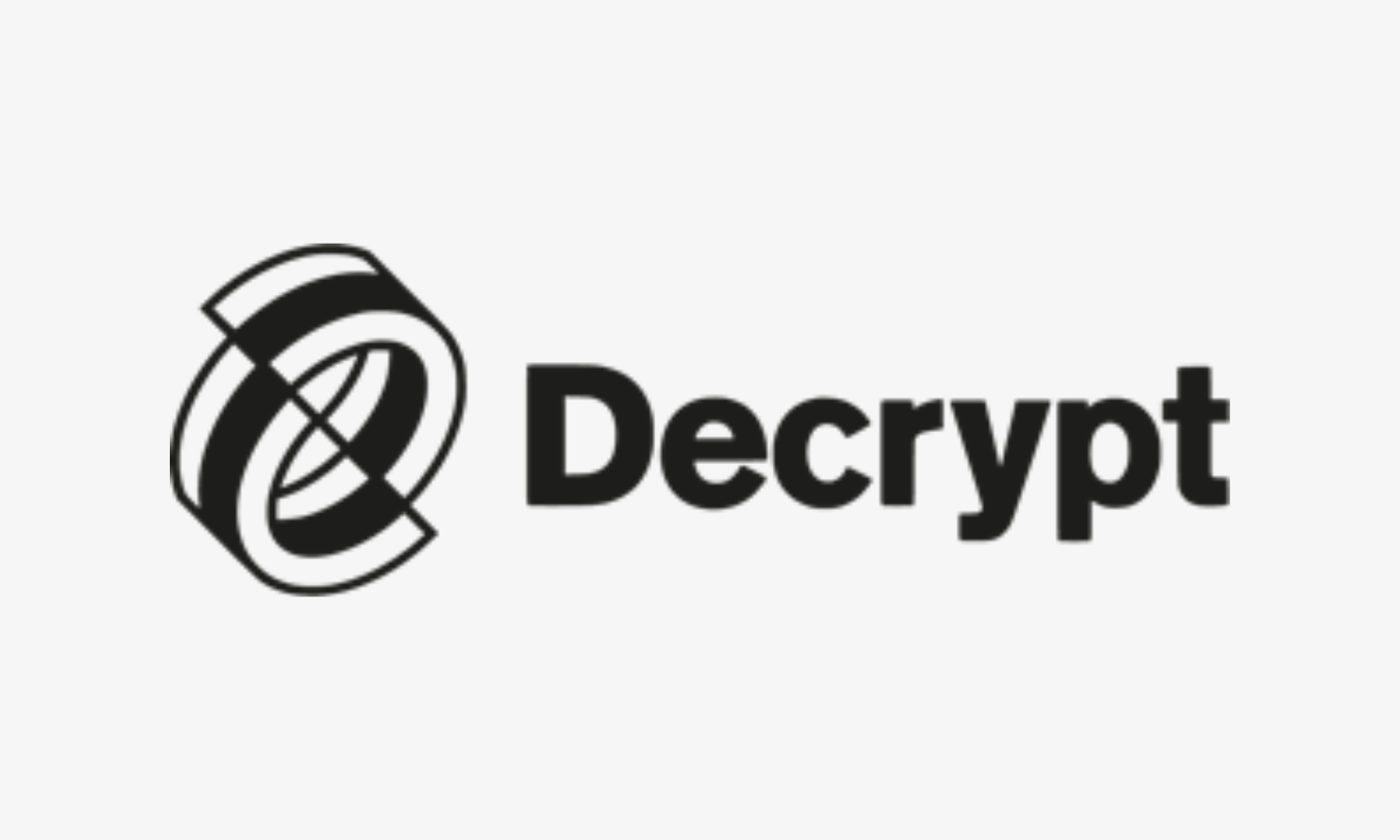Perplexity AI to Testify in Google Antitrust Case, Says Consumer Choice Is the Fix

Perplexity has urged a Washington court to reject sweeping structural penalties in the DOJ’s antitrust case against Google, calling instead for measures that prioritise consumer choice.“We don’t believe anyone else can run a browser at that scale without a hit on quality,” Perplexity CEO Aravind Srinivas Srinivas confirmed that Perplexity had been asked to testify in the DOJ’s remedies phase of one of the most significant tech The DOJ is now seeking structural reforms, including the divestiture of Google’s Chrome browser, limitations on its AI product deals, and a ban on exclusivity in default app agreements.“Now is the time to tell Google and all other monopolists… that there are consequences when you break the antitrust laws,” DOJ attorney David Dahlquist But Perplexity’s position is that the core issue isn’t Chrome’s market share, it’s the restrictive environment around Android and Google’s suite of apps. In an accompanying According to Srinivas, phone manufacturers must use a Google-approved version of Android if they want access to vital apps like the Play Store, Maps, and YouTube. The approval hinges on preloading Google Search and Assistant as defaults. Even small changes, the company claimed, could result in lower revenue shares or blocked access to essential apps, such as the Play Store.“The remedy that is right in our opinion,” Srinivas wrote, “is offering consumers the choice to pick their defaults… without feeling the risk of a loss in revenue.”The remedies phase comes at a time when Google is facing intensifying legal scrutiny on multiple fronts. Just days before the latest hearings began, a federal judge in Virginia ruled that the company had also U.S. District Judge Leonie Brinkema concluded that Google exploited its dominance in ad tech to inflate profits and suppress rivals, marking the second time in under a year that a U.S. court has found the company to be acting as an illegal monopolist.Edited by Sebastian Sinclair

Published on Other News Site













